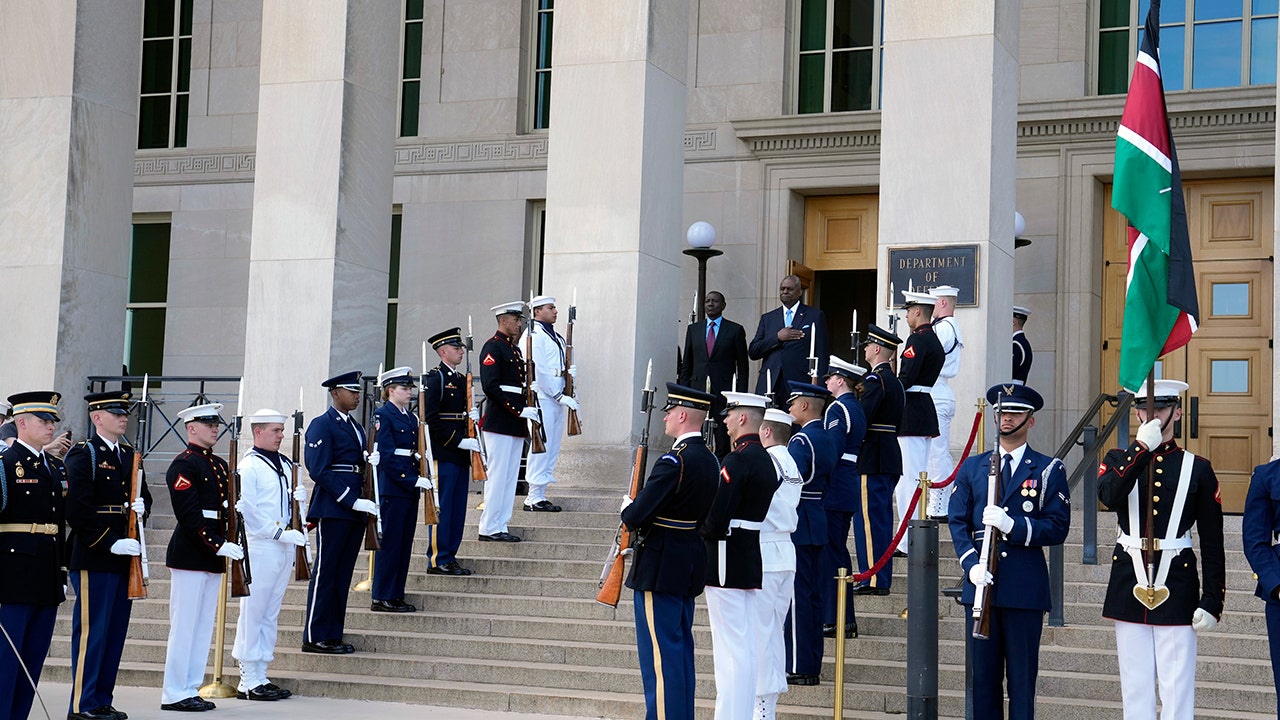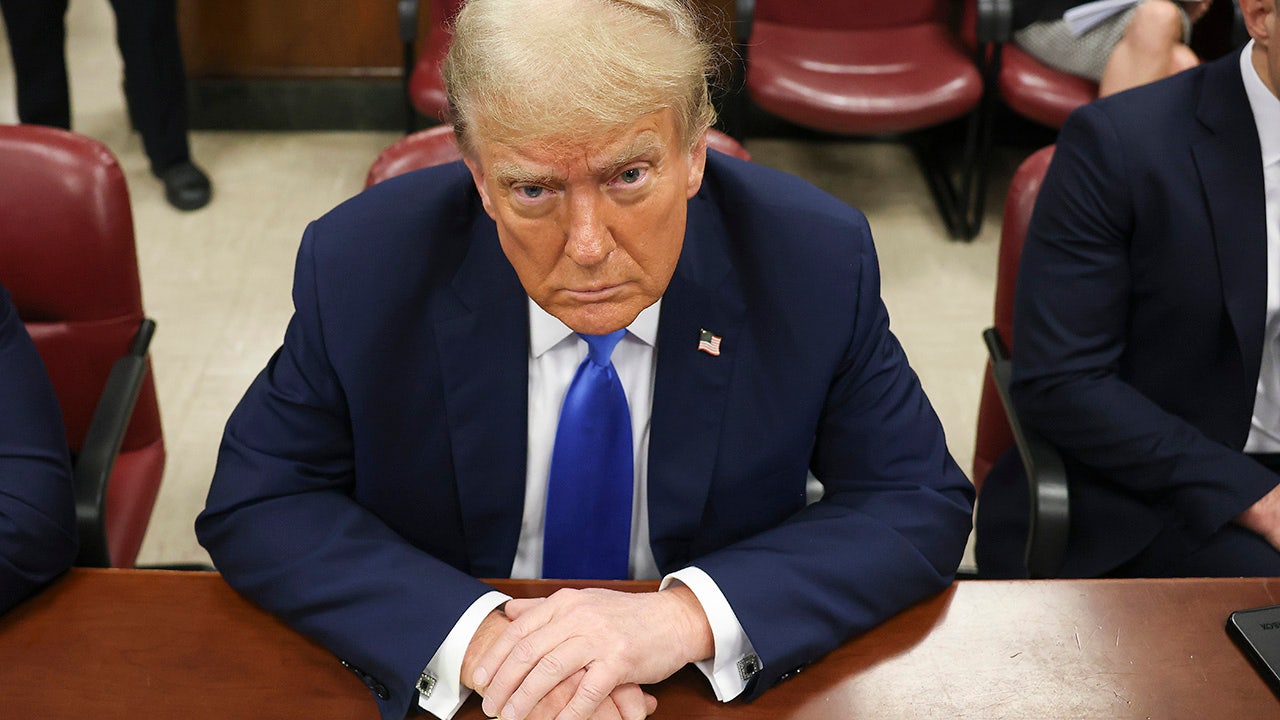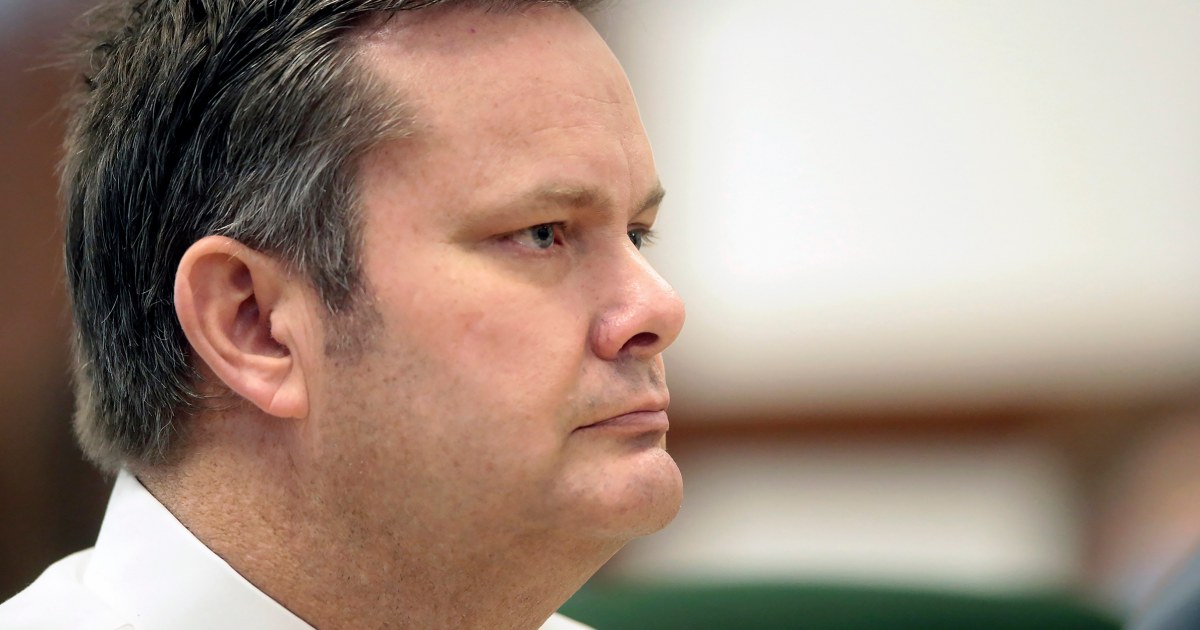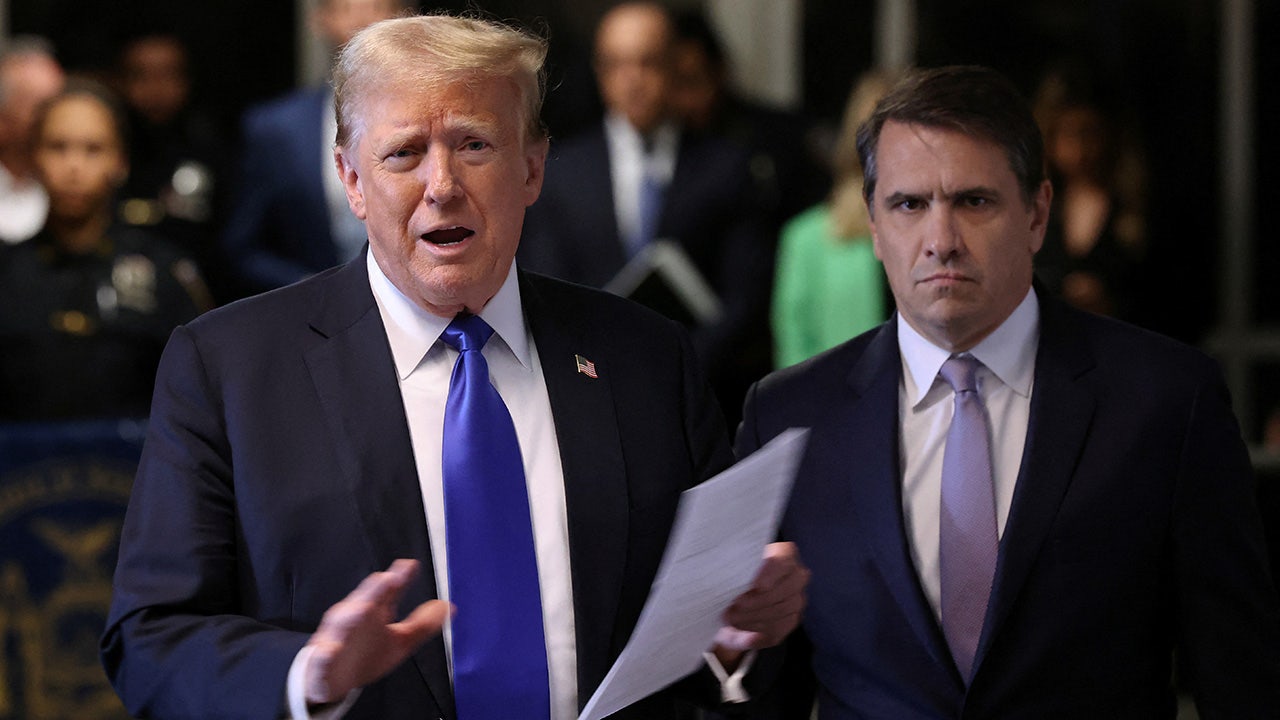Reporting by Gabrielle Tétrault-Farber; Editing by Andrew Cawthorne and Nick Macfie
World
UN experts say Israel’s strikes on Gaza amount to ‘collective punishment’
/cloudfront-us-east-2.images.arcpublishing.com/reuters/QGLLSOTVFRPTVAJIIJQ6LLOC7E.jpg)
A view shows the ruins of Palestinian houses hit by Israeli strikes at al-Shati (Beach) refugee camp, in Gaza City, October 12, 2023. REUTERS/Mohammed Fayq Abu Mostafa Acquire Licensing Rights
GENEVA, Oct 12 (Reuters) – A group of independent United Nations experts on Thursday condemned violence against civilians in Israel and deplored the “collective punishment” of reprisal strikes against Gaza.
While condemning the “horrific crimes committed by Hamas”, the group said that Israel had resorted to “indiscriminate military attacks against the already exhausted Palestinian people of Gaza”.
“They have lived under unlawful blockade for 16 years, and already gone through five major brutal wars, which remain unaccounted for,” the group, which includes several U.N. special rapporteurs, said in a statement.
“This amounts to collective punishment. There is no justification for violence that indiscriminately targets innocent civilians, whether by Hamas or Israeli forces. This is absolutely prohibited under international law and amounts to a war crime.”
The group said that taking hostages in the context of hostilities also constituted a war crime.
“The civilians taken by Hamas must be immediately released, pending which their fate and whereabouts must be disclosed,” the experts said.
The Israeli death toll had risen to more than 1,300 people since Saturday. Most were civilians gunned down by Hamas in their homes, on the streets or at a dance party.
Scores of Israeli and foreign hostages were taken back to Gaza.
Israel said on Thursday there would be no humanitarian break to its siege of the Gaza Strip until all its hostages were freed.
Our Standards: The Thomson Reuters Trust Principles.

World
Kenyan president Ruto defends cost of private jet for US trip while calling for prudent spending

Kenyan President William Ruto said Thursday the cost of hiring a private jet for his state visit to the U.S. last week was $76,000 as opposed to the $1.2 million reported by Kenyan media outlets.
Ruto said some friends offered him a cheaper jet after he made inquiries and offered to travel using the state carrier Kenya Airways.
KENYAN PRESIDENT, BIDEN APPEAL TO GLOBAL LEADERS TO REDUCE HUGE DEBT ON DEVELOPING COUNTRIES
The president undertook a four-day trip to the U.S. last week, where his host President Joe Biden praised him for “bold leadership.”
Defense Secretary Lloyd Austin, top of stairs from right, hosts a welcoming ceremony for Kenya’s President William Ruto at the Pentagon in Washington, Friday, May 24, 2024. (AP Photo/Susan Walsh)
Ruto’s delegation of about 30 people including musicians, actors and a comedian provoked an uproar back home over the cost even as he called for prudent spending. The president on Thursday said he was a very “responsible steward.”
Ruto had earlier said the cost of using the private jet was lower than flying on Kenya Airways, without providing evidence.
Ruto has been calling for reduced spending in government since the public called out his administration for increasing taxes without reducing expenditures.
The government is increasing taxes on basic goods in the next financial year while seeking to raise an additional $2.3 billion to finance the budget.
Earlier in May, Ruto defended the new taxes saying: “I’m not going to preside over a country in debt distress. We have to cut our spending.”
World
Right-wing violence in Germany reaches record highs over past decade

Violence against politicians has been dominating the headlines, but instances of everyday racism and anti-Semitic attacks are causing German victim advice centres to sound the alarm. Euronews travelled to Thuringia, a right-wing hotspot, to speak with a victim of neo-Nazi violence.
Germany has witnessed a surge in right-wing, racist, and anti-Semitic violence, reaching unprecedented levels, since 2013.
Victim support group Ezra says there is a direct link between the increase in right-wing violence and support for the far-right party Alternative for Germany (AfD), currently polling second nationwide and expected to make sweeping gains in the upcoming elections in three eastern states.
Mayar, a 20-year-old nurse who fled Syria during the war and has lived in Germany for nearly nine years, feels a strong sense of German identity, having grown up there. He recounts the moment of the attack:
“He (perpetrator) insulted me and then hit me. He then choked me and pushed me against the train, and then strangled me. strangling me with his thumbs pressed into my throat. His actions were inhumane; his intent was clearly not just to hurt me, but to cause severe harm”.
Mayar says the perpetrator is a “known neo-Nazi, known for his crimes”. Despite this being neither the first nor the last time the perpetrator committed a violent crime, the verdict was a suspended sentence.
Mayar says the crime had a big impact on him.
“During the day, things can be normal. I can still live my life, but it’s actually hard for me to leave the house late at night. Especially where I live, at that location,” he says.
According to Mayar, his area is “very well-known for right-wing extremists,” and adds, “I can’t just go out whenever I want. Or I’m very cautious about such things myself. And the word ‘security’ is missing for me when it comes to going out at night.”
Mayar witnesses the rise of racism firsthand.
“It’s gotten worse since before. For about a year, I’ve noticed that it’s become much, much more common. So, on the street, you see it very often by now. For me, on average, every two weeks, 1 to 2 weeks, I myself either am part of such cases on the street or I’m a witness to them. Also on the internet, it’s become everyday for me to simply see racism.” he says.
He blames the rise in support for the AfD, which has been designated as extremist by a German court.
“Whenever I think that sometime in the future, I could be deported just because I come from a different country, even though I grew up here, it’s sad, it scares me, and it makes me feel like a stranger. Now and then, I wonder, do I belong to the Arabs? Am I too German? And to the Germans, am I too much Arab? It’s not a nice feeling, definitely not.”
Country-wide mass protests were triggered in January when it emerged that AfD members held a secret meeting with German and Austrian far-right figures, including neo-Nazi leader of the Identitarian movement Martin Sellner, to discuss a “remigration” plan. Figures discussed deporting hundreds of thousands, sometimes naturalised German citizens, back to their countries of origin.
Whilst figures released by the Association of Counselling Centres for Victims of Right-Wing, Racist, and Anti-Semitic Violence e.V. (VBRG) put the number of attacks at a record high of 3,384, this number is only the tip of the iceberg. Not all crimes are reported to police and victim support centres and the figures are only taken from 11 out of 16 federal states.
Some convictions can take years, according to support groups
Spokesperson of Ezra, Franz Zobel, says there is a direct link between the increase in violence and AfD support.
“Here we had a strong increase especially in the Sonneberg district. This is the district where an AfD politician was elected district administrator for the first time. And there we experienced a massive increase in right-wing violence,” he says.
Zobel points to a representative study by Prof Dr Dancygier from Princeton University that suggests between 38.7% and 42.5% of hate crime supporters would vote for AfD.
But Zobel also says the increase in attacks isn’t just limited to Thuringia, or even Germany.
“The AfD and other extreme right-wing parties in Europe are very well connected and they are therefore also the greatest threat to the European Union and also to the idea of Europe and to the people because they experience this. This strengthening is not only in Germany or in East Germany, but we see this throughout Europe.”
Zobel also says that many AfD supporters “simply feel legitimised to strike,” and underlines the cases of AfD politicians who have attacked people themselves.
According to investigative outlet Correctiv, “48 AfD representatives and employees at district, state and federal level have recently been involved in violent acts”.
28 of these politicians have reportedly been convicted by a court or penal orders have been issued against them – and 14 are still politically active.
At least five other AfD representatives are under investigation, with some of the cases involving physical attacks and incitement to hatred.
“Here,” Zobel says, perpetrators “know that no consequences threaten them. If there are any, it’s only after years and with mild sentences. And then they don’t have to answer for the political motive behind their inhumanity.”
Zobel says Thuringia especially has a problem with the judiciary and many of the sentences are very mild.
“We have trials that take eight years until there is a conviction in the end. There are further problems that the motives are very, very rarely recognised. So in the judgments, you rarely find again that it is, for example, a racist offense.”
In the case of Mayar, for example, the conviction took several years.
“In the case here, for example, it concerns an organised neo-Nazi, so he (perpetrator) is part of the organised neo-Nazi scene. He has already been noticed with over ten offenses before, he has repeatedly been fined, and now, in the end, there is again a suspended sentence,” the spokesperson says.
“This encourages perpetrators to commit right-wing and racist violence, because without consequences, the perpetrators feel safe.”
According to Taz newspaper, judges in the Thuringia district of Gera share close ties with AfD politicians, both on a local and national level, and quote statistics where judges decide in favour of asylum seekers in single digit percentages. The judges deny being right-wing biased.
World
The 47 Pro-Democracy Figures in Hong Kong’s Largest National Security Trial (Published 2023)

A court in Hong Kong convicted 14 pro-democracy activists on Thursday in a landmark political trial. They and dozens of other activists who had previously pleaded guilty now face potential prison time, highlighting the sweeping power of a national security law Beijing imposed to tighten its grip on the Chinese territory.
The trial centered on 47 opposition figures — politicians, academics and activists — whom the authorities accused of conspiracy to commit subversion. Here’s a look at who they are.
Joshua Wong, 27, became a prominent activist at age 14.
Benny Tai, 59, was a professor of law at the University of Hong Kong.
Twelve were elected lawmakers, who had often used their presence in the legislature to protest China’s encroachment on Hong Kong’s autonomy.
Mo had served as a lawmaker for eight years and is known as “Auntie Mo.”
Better known as “Long Hair,” Leung had been a mainstay of the opposition for nearly two decades.
Chan was Hong Kong’s first openly gay lawmaker.
Twenty-one had been elected district officials, including younger activists who were voted in after months of antigovernment protests in 2019.
Sham was a leader of an activist group that organized huge pro-democracy rallies throughout 2019.
Others were prominent activists who had worked on various social causes.
Ng was a former flight attendant who became a union leader.
Ho was a journalist who rose to fame in 2019 when, during her livestream of a mob attack on protesters, she herself was beaten by thugs.
Wong was a student leader who began her activism when she was in high school.
Lengthy Detentions Without Trial
The 47 defendants were charged in February 2021 with subversion for holding or taking part in an unofficial primary vote to select opposition candidates to run in elections.
Unlike other types of offenses, national security cases impose a high threshold for bail, which, in effect, lets the authorities hold defendants for months or even years before trial. Critics say that amounts to a presumption that defendants are guilty.
In hearings before the trial, 16 contested the charges and 31 pleaded guilty, including Benny Tai and Joshua Wong. On Thursday, the court in Hong Kong acquitted two of the defendants, Lawrence Lau, a barrister, and Lee Yue-shun, a social worker.
The charges carry prison sentences that range from less than three years to life.
The defendants and their lawyers are barred from commenting on the case. But legal experts say the democracy proponents are probably under enormous pressure to plead guilty because of the lengthy detentions, dwindling financial resources and the long odds of winning in a court modeled after China’s authoritarian system.
“The process is designed to be as painful as possible,” said Samuel Bickett, a lawyer and activist based in Washington, D.C., who was jailed in Hong Kong after scuffling with a plainclothes police officer in 2019.
The Transformation of Hong Kong’s Political Landscape
Starting in June 2019, Hong Kong was engulfed in widespread protests calling for greater freedom from China.. To quell the unrest, Beijing imposed a national security law in June 2020, days before the 47 democrats held the primary election that would lead to their arrests months later.
Most of the 47 have been jailed ever since. Their arrests effectively muted the city’s once-vocal opposition. China also imposed a drastic overhaul of election rules for Hong Kong that effectively barred pro-democracy candidates from running for seats in the legislature.
Protests began
Mass antigovernment protests began and escalated in intensity over months.
National security law enacted
The new law bans vaguely defined crimes of secession, subversion and terrorism, with a potential sentence of life in prison.
Pro-democracy primary
Pro-democracy candidates held a primary vote ahead of the upcoming Legislative Council election. The 47 defendants helped organize or participated in this event.
Original date of the election
47 people charged, most denied bail
They were charged with “conspiracy to commit subversion,” for organizing and participating in the pro-democracy primary. Most were denied bail and kept behind bars as a long legal process began.
New election rules announced
China announced new rules for Hong Kong elections, limiting candidates to only those deemed loyal to Beijing.
“Patriots-only” election takes place
More than 30 defendants were detained. Most of them had been jailed for almost two years before the trial even began.
Closing arguments concluded
Hong Kong passed its own national security law
A court began issuing verdicts
-

 Culture1 week ago
Culture1 week agoFrom Dairy Daddies to Trash Pandas: How branding creates fans for lower-league baseball teams
-

 News1 week ago
News1 week agoThe states where abortion is on the ballot in November : Consider This from NPR
-
News1 week ago
Trump's social media account shares a campaign video with a headline about a 'unified Reich'
-

 News1 week ago
News1 week agoRead Prosecutors’ Filing on Mar-a-Lago Evidence in Trump Documents Case
-

 Politics1 week ago
Politics1 week agoMichael Cohen swore he had nothing derogatory on Trump, his ex-lawyer says – another lie – as testimony ends
-

 Politics1 week ago
Politics1 week agoAnti-Israel agitators interrupt Blinken Senate testimony, hauled out by Capitol police
-

 Politics1 week ago
Politics1 week ago2024 showdown: Trump tops Biden in April campaign cash dash
-

 News1 week ago
News1 week agoBuy-now, pay-later returns and disputes are about to get federal oversight




/cdn.vox-cdn.com/uploads/chorus_asset/file/23762458/Screen_Shot_2022_07_12_at_2.52.00_PM.png)










